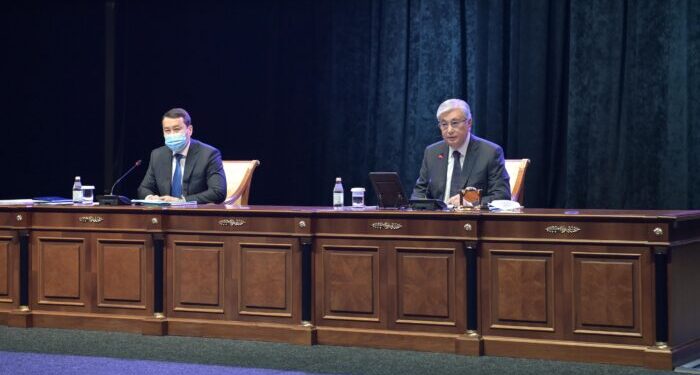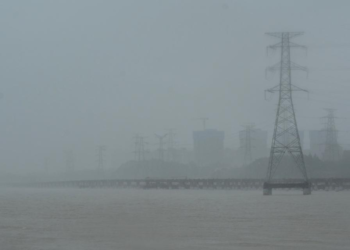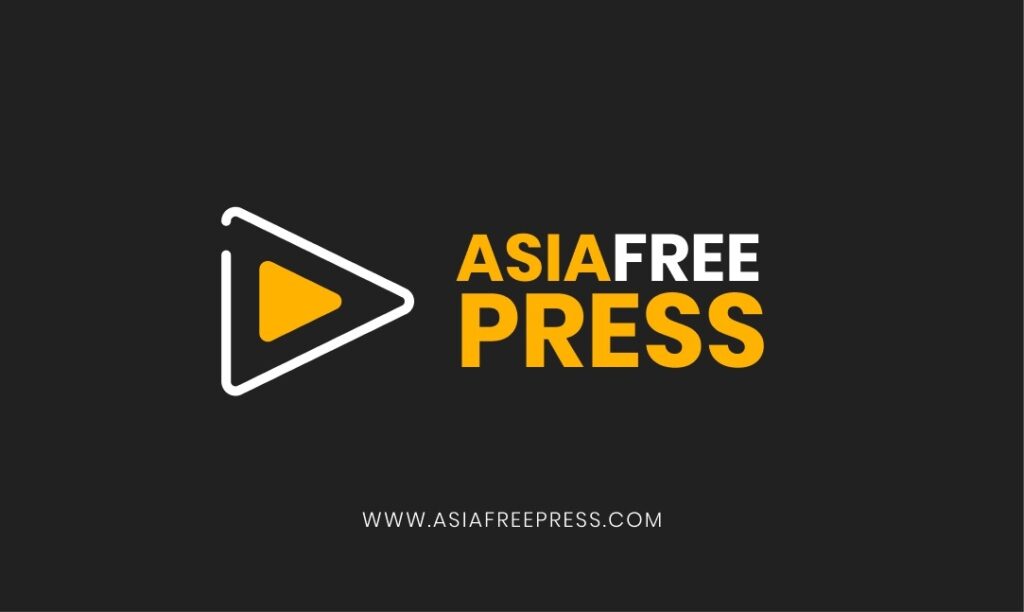NUR-SULTAN, Jan 22 (Asia Free Press): President of Kazakhstan, Kassym-Jomart Tokayev, in a recent meeting with country’s business leaders, urged to work with the government on building a new economic policy for the country, according to local media reports.
New reforms aim to become the basis of a new Kazakhstan. Fair competition, transparency and predictability of state policy, taxing honesty and social responsibility are set to become the principal elements of the new economic policy, it revealed in a meeting, Astana Times reported.
“I am confident that business people are interested in the successful implementation of socio-economic reforms,” Kazakh President said in a meeting.
“This will be one of the areas of socio-economic reforms. Business leaders can take part in this project group. The prepared packages and proposals will serve as the basis of the medium-term program of the new economic policy,” Tokayev said while he instructed the creation of the Council of Domestic Entrepreneurs.
Tokayev also noted that he will continue the policy of political transformation and modernization with the transition to a market, socially-oriented and diversified economy.
President Tokayev, while highlighting the Principal elements of the new economic policy, said the first element of the new policy is the inviolability of private property, the second element of the economic course is the investment climate and the third element is fair competition. All necessary obligations should be provided to achieve the new economic policy goal, President added.
A new tax policy is essential as well as reforms in the procurement system, says Tokayev.
Tokayev also instructed the government to review the strict quarantine measures taking into account the concerns of the small and medium-sized businesses.
Constructive interaction between government and business is a solid foundation for social stability, said the President.
“We are building up a listening state and this meeting proves that all constructive proposals by businesses will be taken into account in sectoral and structural policies,” the President lastly noted.




















